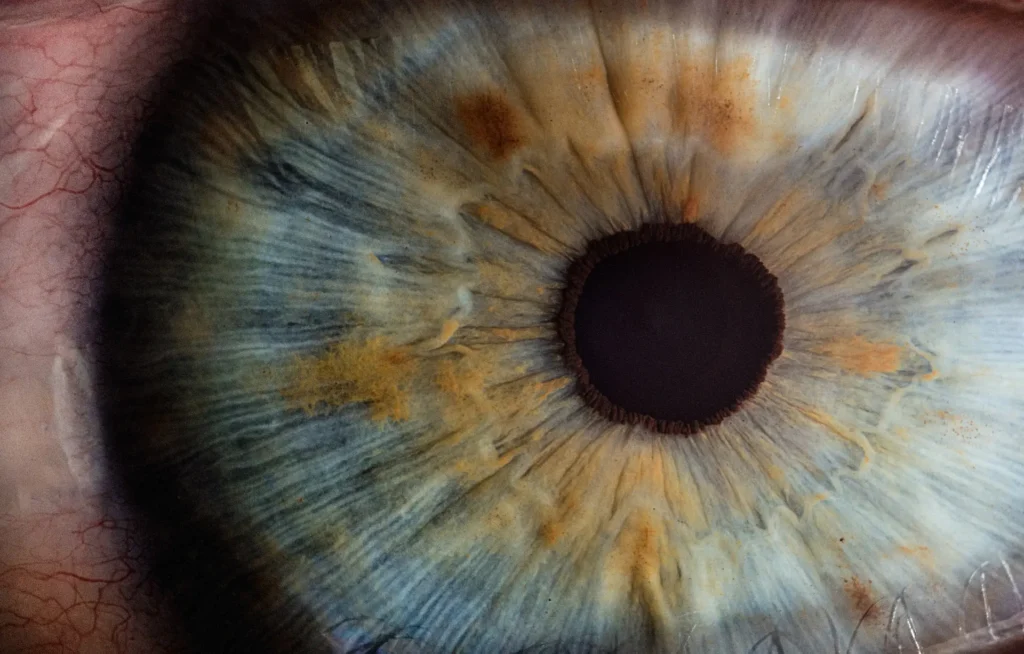One of the most common symptoms of an eye condition is seeing spots or squiggly lines in your vision field. If you’re seeing things like this often, it’s a sign that something is wrong with your eye health.
Read on as a Fort Worth, TX optometrist talks about why may be causing these symptoms and when it’s time to seek medical attention.
What Are They?
Spots and squiggly lines are often the result of an eye condition called “floaters.” Floaters are small, debris-like particles that float around in your eye. They can be different colors, sizes, and shapes. Sometimes they look like spots or squiggly lines.
Floaters tend to occur as we age, but it’s important to see an eye doctor if you’re experiencing them for the first time or if they are worsening. This is because there could be other conditions that cause floaters—including retinal tears and detachment.
What Can Cause Spots and Squiggly Lines?
Many conditions can cause eye floaters, but the most common is posterior vitreous detachment (PVD). PVD is a natural part of aging that occurs when the vitreous gel inside your eye begins to liquefy. As this happens, some of the jelly-like material separates from the retina and floats around in your field of vision. It’s often described as looking like “spots or squiggly lines.”
Other conditions that can cause you to see spots and squiggly lines include:
- Cataracts
- Glaucoma
- Diabetes
- High blood pressure
- Stroke
- Retinal detachment
- Macular Degeneration
- Trauma to the eye (such as a blow)
When to See Your Eye Doctor
Spots and squiggly lines are caused by conditions that affect your vision. It’s important to get your eyes checked by an eye care professional if you experience any of the following:
- Seeing spots or squiggly lines
- Blurring, or magnifying the image of objects
- Sudden onset of blurred vision in one eye
- Sudden onset of double vision
If you notice new floaters or flashes of light in your vision, it’s important to get them checked out by an eye doctor right away. Eye floaters can sometimes be a sign of serious issues like retinal tears or detachments that require surgery.
If you have new floaters or flashes of light accompanied by pain, blurred vision, or other symptoms such as double vision, trouble reading or seeing at night, contact an optometrist immediately for an examination.
For more information or if you wish to schedule an eye exam, please feel free to call your local Fort Worth, TX optometrist office today!



